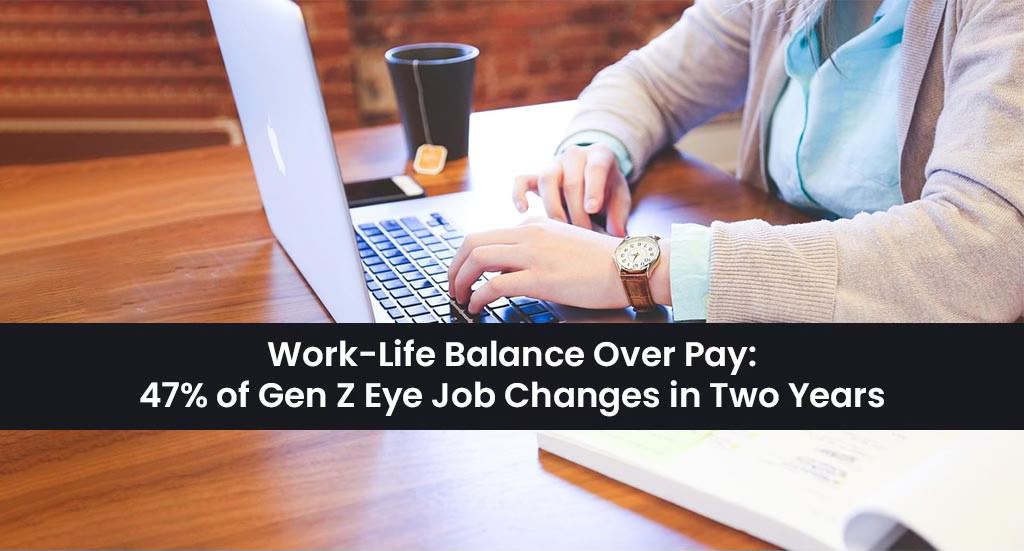In India’s bustling corporate sector, Generation Z is making a significant impact by shifting workplace priorities towards career growth and work-life balance. This cohort, characterised by their tech-savvy nature and desire for meaningful work, is transforming how companies approach employee satisfaction and retention.
A recent survey by Unstop underscores these trends, revealing that 47% of Gen Z professionals plan to leave their jobs within the next two years. The survey, titled “Gen Z at Workplace,” highlights that work-life balance is a major factor in their decision-making process when evaluating potential employers. This survey, which involved over 5,350 Gen Z individuals and 500 HR professionals, also found that 51% of Gen Z professionals are concerned about job security, while 40% worry about securing positions in their desired fields.
Despite these concerns, Gen Z is prioritising factors beyond salary. A notable 77% of respondents value the role or brand of a company over its salary offerings. Furthermore, 72% of Gen Z professionals consider job satisfaction more important than salary. They are looking for positions that provide hands-on experience and opportunities for growth, which they find more fulfilling than a high paycheck alone.
Born between the mid-1990s and early 2010s, Gen Z is highly skilled in digital communication and technology. Growing up with smartphones and social media, they excel at multitasking and adapting to new tools. This digital fluency makes them adept at navigating tech-driven work environments and influences their preference for roles that offer career growth, flexibility, and work-life balance.
Gen Z values opportunities for professional development and learning, which they consider crucial for their career advancement. They are not just looking for a job but a path that offers growth and skill-building. This shift in priorities means employers must create environments that support continuous learning and offer clear career progression to attract and retain these young professionals.
Work-life balance is a critical concern for Gen Z. Unlike previous generations, who might have prioritised salary or job stability, Gen Z is placing significant importance on their ability to maintain a healthy balance between their professional and personal lives. This includes seeking flexible work arrangements that allow them to manage their time effectively and avoid burnout.
Ankit Aggarwal, Founder and CEO of Unstop, highlights that Generation Z views work as an integral part of their lives, not just a routine job. They prioritise a balance of career growth and company culture, with many recruiters underestimating the importance of the latter. Unstop’s report reveals that Gen Z’s expectations include seamless integration of work into their lives, addressing mental health concerns, and rejecting the traditional “one-size-fits-all” work approach of previous generations.
Older corporate leaders in India may find guiding Gen Z challenging, as this tech-savvy generation often critiques traditional business practices. Effective leadership for Gen Z requires more than just passing on knowledge – it involves offering wisdom in a way that resonates with their collaborative and innovative mindset. Defiant of hierarchies, Gen Z prefers dialogue over top-down directives. While integrating this generation may bring some tension, it also offers opportunities for mutual growth. Leaders should focus on mentorship rather than control, helping Gen Z connect their work to broader goals like sustainability, diversity, and social responsibility.
In response to these shifting priorities, companies must adapt by fostering supportive environments that not only offer competitive salaries but also promote career development and work-life balance. This includes creating flexible work policies, providing opportunities for skill enhancement, and ensuring that employees find meaning and satisfaction in their roles. By aligning with Gen Z’s values and expectations, employers can better attract and retain this emerging workforce.








